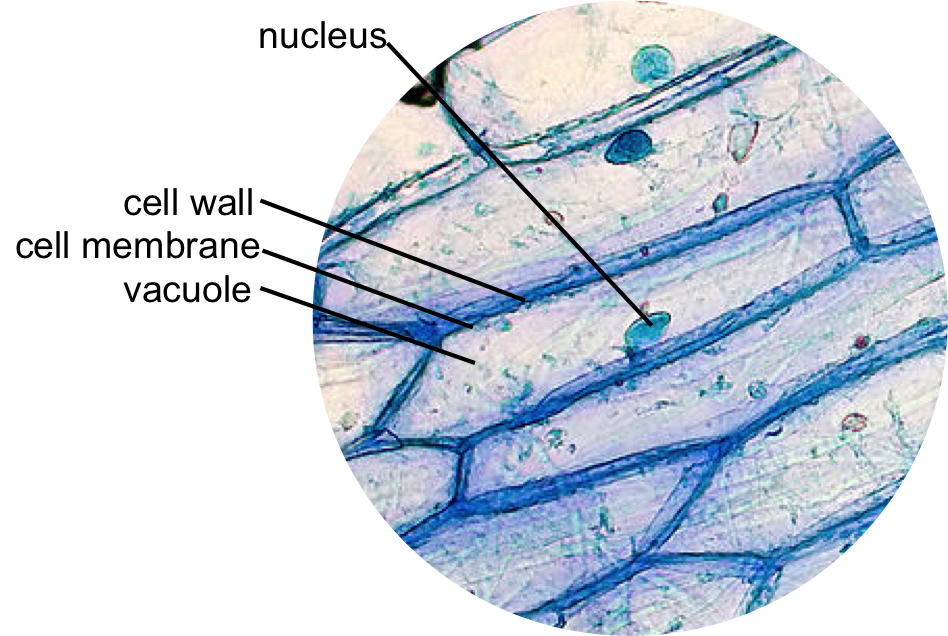You know animal cell structure contains only 11 parts out of the 13 parts you saw in the plant cell diagram because chloroplast and cell wall are available only in a plant cell.
Cell wall light microscope.
Some of the cell organelles that can be observed under the light microscope include the cell wall cell membrane cytoplasm nucleus vacuole and chloroplasts.
Cell wall is present in the plant cell bacteria fungi and algae.
The gram stain was developed by the danish bacteriologist hans christian gram.
What parts of a cell are visible under a light microscope.
Cell wall is a thick rigid structure of around 4 20um wide and is visible under light microscope.
The structures within the cell are referred to as organelles.
Some organisms like yeast are only single celled while others like humans contain many cells.
Some of the cell organelles that can be observed under the light microscope include the cell wall cell membrane cytoplasm nucleus vacuole and chloroplasts.
The structures within the cell are referred to as organelles.
Plasma membrane is present in all types of cells.
That s the major difference between plant and animal cells under microscope.
These cell organelles perform specific functions within the cell.
The cell wall external structures cell membrane and internal components of the cell.
In addition to fixation staining is almost always applied to color certain features of a specimen before examining it under a light microscope.
The structures within the cell are referred to as organelles.
Differential stains gram stain.
For plant cells there is a cell wall.
The major parts of a cell are the nucleus cytoplasm and cell membrane.
Used to observe cells that have been stained with.
The other uncolored ion is called the counterion.
Stains or dyes contain salts made up of a positive ion and a negative ion.
Cells are bounded by a plasma membrane which is so thin it is often invisible even with a light microscope.
Depending on the type of dye the positive or the negative ion may be the chromophore the colored ion.
Cell structures as seen under the light and electron microscope cell structure under light microscope.
One of the most well known differential stains is gram stain which differentiates gram positive and gram negative bacteria based on the difference in their cell wall structure.
Directs light toward a specimen at an angle.
Cell structures as seen under the light microscope.
Cells of organisms such as plants have a cell wall outside the plasma membrane.
In contrast to simple stains differential stains are used to distinguish the difference between bacteria.
Some of the cell organelles that can be observed under the light microscope include the cell wall cell membrane cytoplasm nucleus vacuole and chloroplasts.
The eukaryotic cell.




























